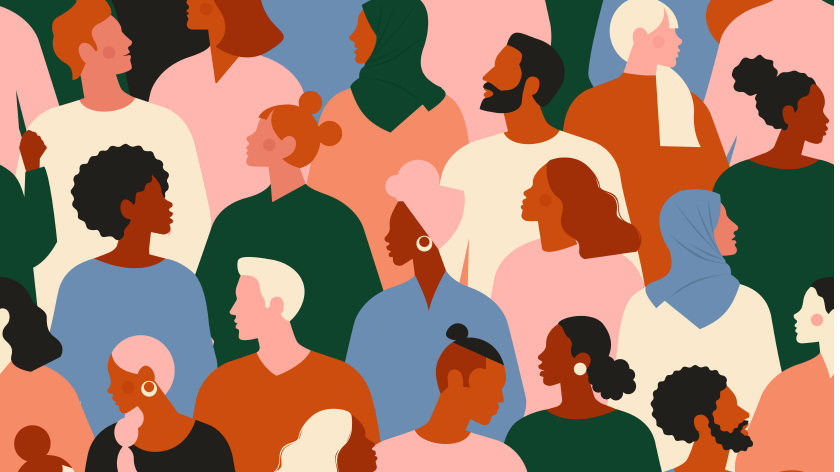The events of the past month have brought to light many of the issues our country has failed to address relative to racial inequality in the justice system. Furthermore, the disproportionate impact of COVID-19 on minority communities has shed a light on the racial inequalities that exist in health outcomes in America.
As a company, Vitality is committed to making people healthier and protecting and enhancing their lives. We create profoundly personal products that are tailored to individuals’ unique needs, no matter where they are on the health spectrum. However, we realize that if we are to be committed to health for all, we must also engage with the fact that health outcomes are not equal for all.
Throughout the next few months, we plan to delve more deeply into the specific healthcare issues facing people of color by providing data and educational information on those issues. In humility, we understand that health inequality is a complex topic and that there are a multitude of contributing factors. Regardless, we are unwavering in our commitment to be a resource that leads our world toward greater health equality.
The Data
As we begin our focus on this critical area, we’d like to pose a few data points to highlight some of the current inequalities facing communities of color. These statistics only begin to reveal why this is a discussion we must have:
- African Americans ages 18 to 64 have a greater risk of early death than whites.
- Obesity—a condition associated with chronic diseases and debilitating conditions—affects racial and ethnic minorities disproportionately.
- African Americans are more at risk for diabetes and asthma.
- African Americans are 30% more likely than whites to die prematurely from heart disease.
- African American men are twice as likely to die prematurely from stroke.
Statistics also indicate that African Americans do not have access to the same quality of healthcare as white Americans. Furthermore, they are more likely to report challenges that affect their health and access to healthcare:
- belonging to a food-insecure household (22% for African Americans vs. 9% for Whites)
- living in an unsafe neighborhood (11% for African Americans vs. 3% for Whites)
- having less than a high school education (11% for African Americans vs. 6% for Whites)
Moving Forward
All people—no matter their race, socio-economic class, sexual orientation or gender—deserve an even playing field when it comes to healthcare. Please join us in the upcoming months as we work toward that end.






